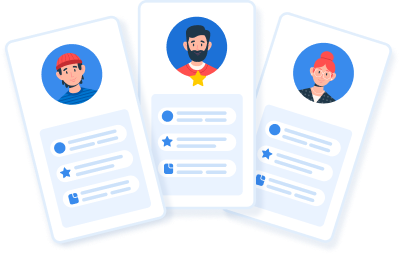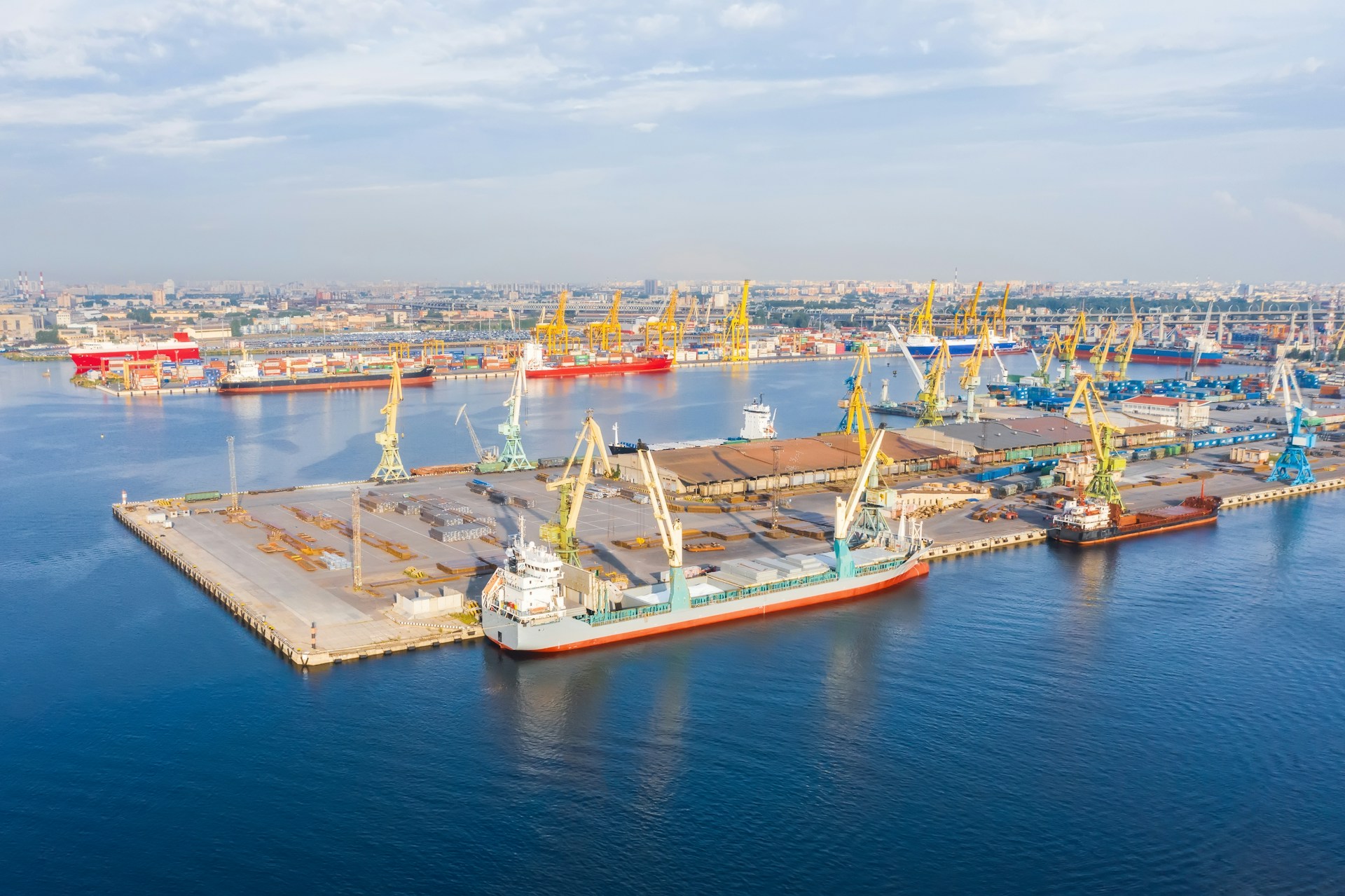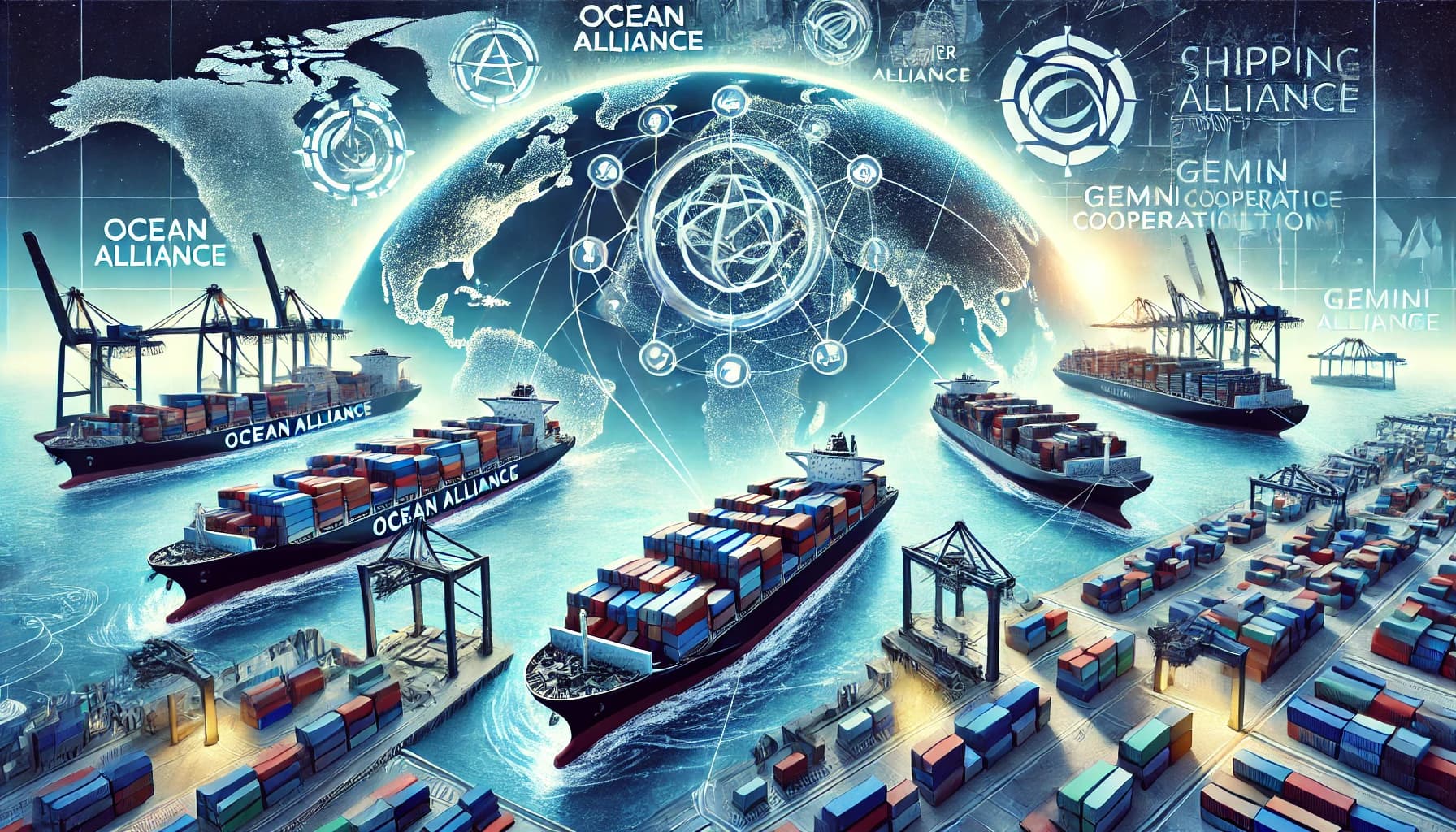Achieving Greater Diversity in the Maritime Industry
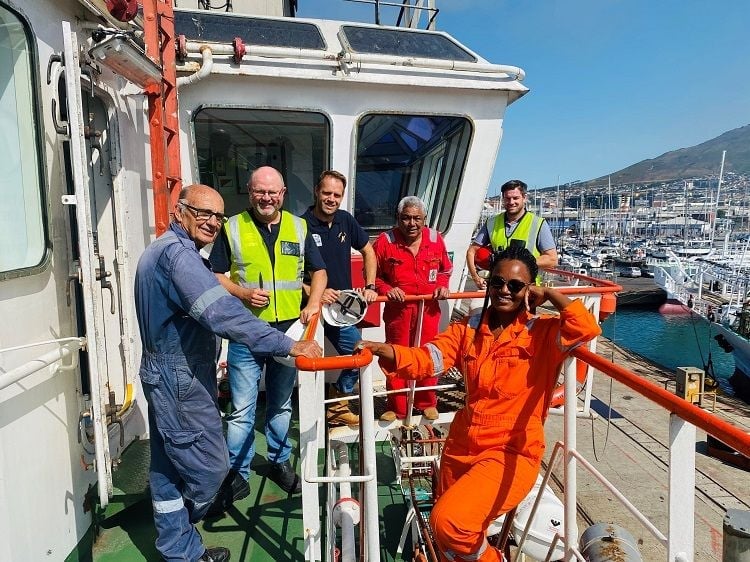
Image Courtesy of the IMO's #WomenInMaritime Campaign
For an internationally competitive and massive industry, the maritime sector still has strides to make in achieving genuine diversity and inclusivity. While some progress has been made, there is still a significant need for action to foster greater equity across the workforce.
Diversity offers access to a wider range of talent, perspectives, and skills, enhancing innovation and improving organizational effectiveness. For shipowners, maritime leaders, and manning agents, creating a more inclusive environment is not just a moral imperative but a strategic advantage.
Instead of focusing on a limited portion of your client or customer base, it helps to give insight into the wants and motivations of the entire group.
Additionally, it might increase your company’s effectiveness, success, and profitability, as demonstrated by highly reputable studies.
Read more: The Future of Maritime Recruitment: Adapting to Industry Trends
This blog explores the current state of diversity in the maritime industry, the challenges that persist, and actionable steps to move toward meaningful change.
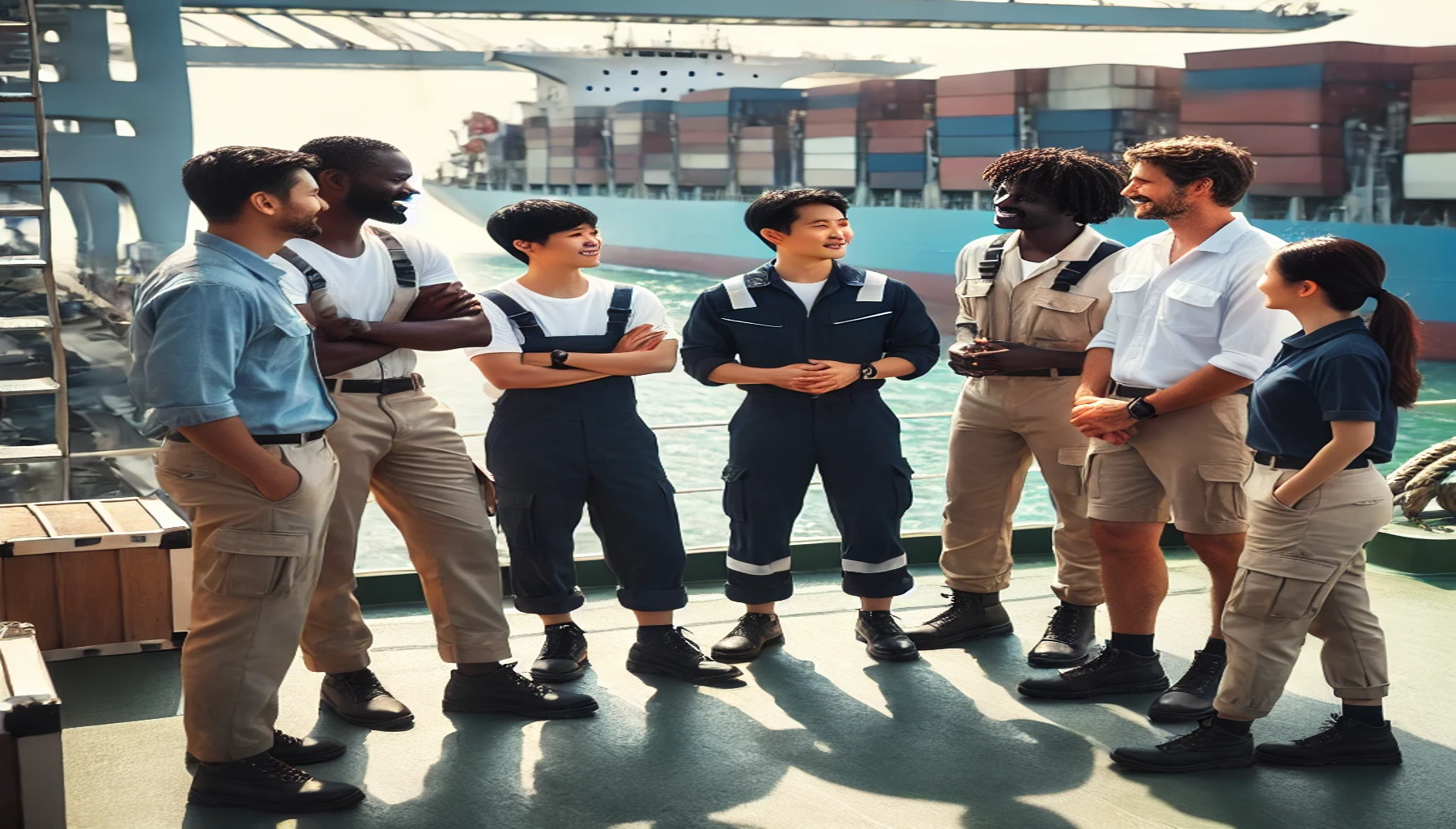
Why Diversity Matters in the Maritime Industry
Diversity in the workplace brings measurable benefits, including:
- Broader Talent Pools: Attracting talent from all backgrounds increases access to a wider range of skills and experiences.
- Improved Decision-Making: Diverse teams are better equipped to understand and respond to global challenges.
- Enhanced Profitability: Studies show that inclusive organizations are more effective and successful.
In an industry as global as maritime, understanding the motivations and needs of different client bases and employees is essential. Diversity also contributes to addressing the talent gap, a growing concern as younger generations demand inclusive and equitable workplaces.
At Martide, we understand the need for diversity and inclusivity and we work with employers to ensure they are gaining access to the best possible candidates for the roles they are looking to fill. Our comprehensive maritime recruitment platform allows you to assess candidates objectively and select the most qualified seafarers for your vessel.
Learn more about our maritime recruitment platform and discover the best candidates today.

The Current State of Diversity in the Maritime Industry
Despite some progress, diversity remains a challenge in the maritime sector. A 2021 survey by the Diversity Study Group (DSG) highlights these disparities:
| Position | Women Representation |
| C-Suite Role | 27% |
| Department Directors | 14% |
| Junior/Trainee Levels | 63% |
Department Disparities:
- IT and technical operations remain male-dominated (82% male in IT).
- Women are more represented in middle-management and support roles.
These statistics reveal that while entry-level roles show promise, the industry struggles with representation at senior levels.
Further study data from 2021 also supports the challenges faced by women across the maritime industry. The IMO (International Maritime Organization) reported that, “women represent only 1.2% percent of the global seafarer workforce as per the BIMCO/ICS 2021 Seafarer Workforce Report. This represents a positive trend in gender balance, with the report estimating 24,059 women serving as seafarers, which is a 45.8% increase compared with the 2015 report.”
Whilst women in the maritime industry are on the rise, there is still a long way to go and as the DSG study reveals, even though the number of women in the industry is increasing, it is predominantly in entry-level roles where we are seeing the biggest increases.
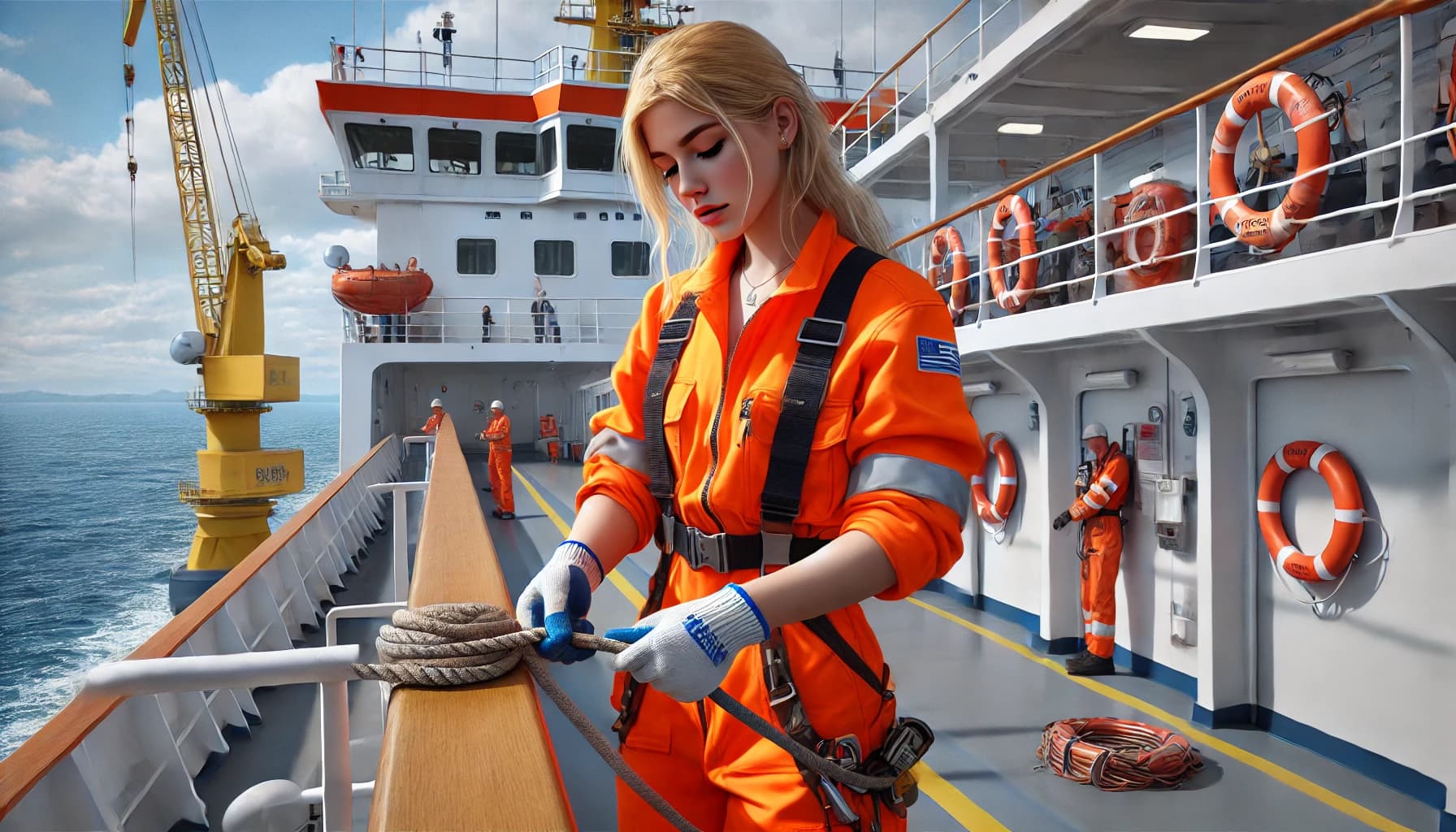
Challenges to Achieving Diversity
The maritime industry benefits from diversity and can learn from other industries that have made significant strides in this area. However, many challenges still exist including:
- Cultural Barriers: Longstanding traditions in the industry often resist change.
- Lack of Awareness: Many organizations lack education on the benefits of diversity and how to implement it.
- Institutional Bias: Systemic practices often hinder equitable hiring and promotion.
Whilst this outlook may appear to be quite bleak for women in the industry, there is hope. Many organizations are changing the way they recruit and slowly but surely, we will start to see a shift in the industry, not just at the entry level, but in key leadership roles across the sector.
How the Maritime Industry Can Foster Greater Diversity
Here are actionable steps to create a more inclusive workforce:
1. Revise Recruitment Strategies
- Partner with diverse manning agents to tap into broader talent pools.
- Use blind recruitment processes to minimize unconscious bias.
2. Provide Leadership Training
- Offer mentorship programs to support underrepresented groups.
- Train leaders on DEI principles and the importance of inclusive decision-making.
3. Foster an Inclusive Culture
- Encourage open conversations about institutional bias and inclusivity.
- Implement employee resource groups to support diverse voices.
4. Leverage Data-Driven Insights
- Regularly monitor diversity metrics.
- Use ESG (Environmental, Social, and Governance) reporting to evaluate performance and highlight areas for improvement.
5. Promote Work-Life Balance
- Flexible work arrangements can attract and retain a more diverse workforce.
By implementing these tactics, it is possible for maritime organizations to become more diverse and reap the rewards of the benefits that diversity in the workplace brings within the sector.

Examples of Industry Progress
The maritime industry can draw inspiration from other sectors. For instance:
- Tech Industry: Many tech companies use mentorship programs and employee resource groups to advance diversity.
- Finance Sector: ESG frameworks emphasize the importance of diversity and inclusion in decision-making.
By adapting these practices, maritime organizations can make significant progress.
How Martide Supports Inclusive Maritime Recruitment
As a leading crewing and recruitment solution, Martide is committed to streamlining the hiring process while promoting diversity and inclusion. Here’s how we help:
- Global Talent Pool: Martide connects shipowners with seafarers from diverse backgrounds through an expansive network of manning agents.
- Accessible Job Applications: Our platform ensures a seamless application process, encouraging candidates from all demographics to apply.
- Custom Career Pages: Shipowners can advertise job openings on tailored pages, making opportunities visible to all.
Martide simplifies the path to a more inclusive workforce, helping organizations attract and retain the talent they need to succeed.
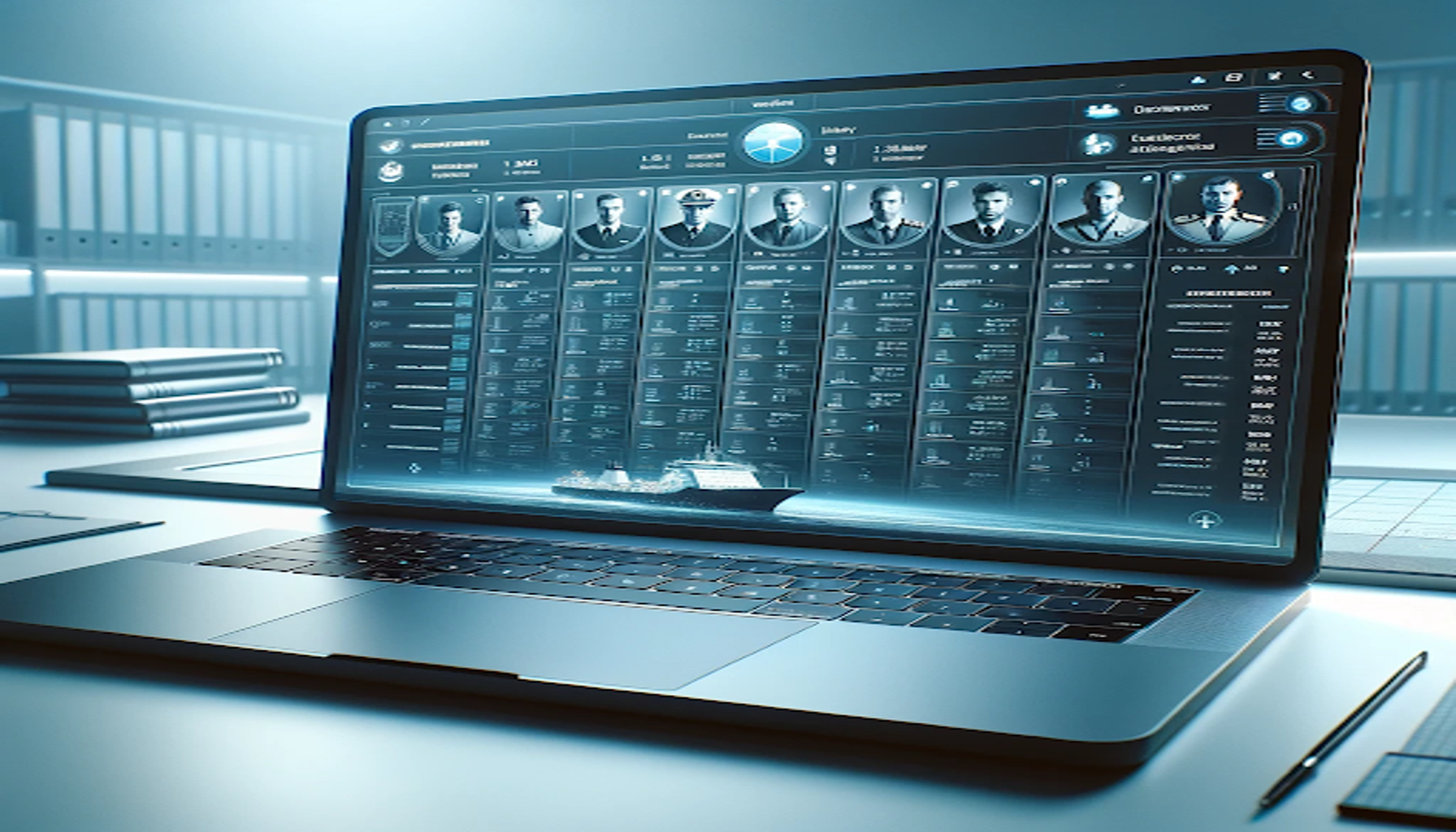
Final Thoughts
Diversity in the maritime industry is not just a goal; it is a necessity for growth, innovation, and sustainability. While challenges persist, actionable steps and tools like Martide can help shipowners and industry leaders drive change.
Ready to embrace diversity and build a more inclusive workforce? Contact Martide today to learn how we can help you diversify your recruitment efforts and meet your business goals.
This blog post was originally published on January 12th 2023 and rewritten and updated on April 17th 2025.


Gavin Hirst
Gavin is a contributing writer to the Martide blog who covers topics ranging from life at sea to maritime crew management software. A native Brit who is now based in Auckland, NZ, Gavin is also an SEO expert and partner in a successful digital marketing agency that has offices in New Zealand and the United Kingdom.
New Zealand

is the only site for maritime jobs
